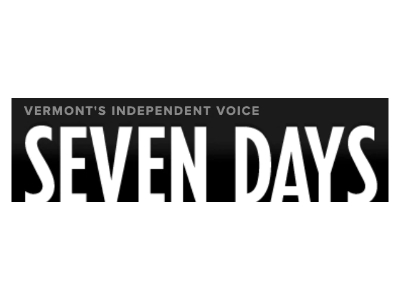
On April 8, a total solar eclipse — when the moon completely blocks the sun — will darken a 115-mile-wide swath from Mexico to eastern Canada. In Vermont, the path of totality will cover the upper third of the state. The time and duration of totality will vary from town to town. In Burlington, the eclipse will begin at 2:14 p.m., and the total eclipse will occur from 3:26 to 3:29 p.m., according to the University of Vermont. Thousands of people across northern Vermont will marvel as the skies go dark in the middle of the afternoon. One thing no one should be in the dark about: eye safety. The stakes are high. The sun can burn the retina in seconds. Looking at the sun without proper protection — even when it’s partially blocked by the moon — can cause permanent blind spots, distorted vision and altered color perception. What’s more, says Berlin ophthalmologist Jessica McNally, it won’t be obvious that it’s happening. Sun damage doesn’t hurt, McNally said, and vision problems don’t show up for hours. There is no treatment for such injury, called solar retinopathy. Most people know to wear eclipse glasses or use solar filters to protect their eyes. “I think the most important thing is to understand what kind of glasses you’re getting,” said McNally, president of the Vermont Ophthalmological Society. Eclipse glasses and their alternative — index-card-size, handheld eclipse viewers — need to meet international safety standard ISO 12312-2. However, some are stamped with that ISO number even though they haven’t been tested or proven to meet that standard. Along with the American Academy of Ophthalmology, astronomers and other experts, McNally urges consumers to use only glasses and filters that come from the trusted suppliers vetted by the American Astronomical Society. That list — along with specific guidelines for use — can be found at Solar Eclipse Across America, a website devoted to the April eclipse. Among those guidelines is to always inspect your solar filter or glasses before use. If they’re damaged, throw them out. Also, be sure to read and follow any accompanying instructions. At the risk of being obvious, put eclipse glasses on before looking up at the bright sun. If you normally wear eyeglasses, put your eclipse glasses on over them, or hold your handheld viewer in front of them. Turn away from the sun before removing your eclipse…
How to Protect Your Vision While Viewing the Eclipse

